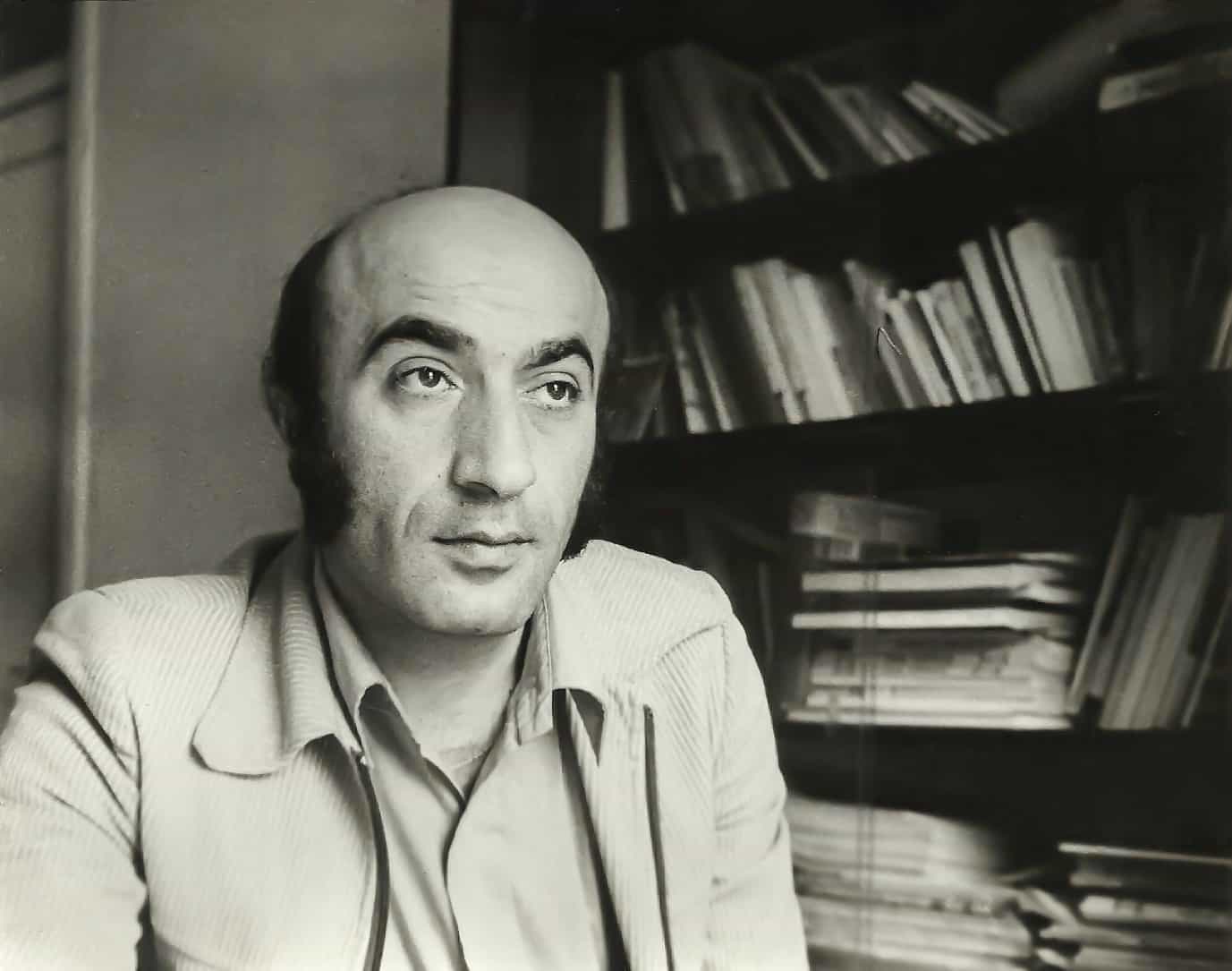In the second of the 1960s, following the renovation of Armenian poetry heralded by Paruyr Sevak, a group loosely called “Young Poets” entered the literary arena. Hovhannes Grigorian became one of its most important representatives.
Grigorian was born in Leninakan (nowadays ) on October 7, 1945. He started writing and publishing in his school years. He graduated from Yerevan State University in 1970. He published his first book, “Songs without Music,” in 1975, which earned a prize in the same year. He went on to publish nine more books of poetry in his lifetime: “Quite Another Autumn” (1979), “Rain on a Sad Occasion” (1982), “Slow Hours” (1986), “Angels from Childhood Sky” (1992), “Half time” (2002), “Equinox” (2006), “Never Die: This Is What I Have to Say (2010). His last volume of poetry earned him the State Prize of Armenia in 2011.
After the earthquake of 1988, which destroyed his birthplace, the feeling of tragedy came to add to the feeling of satire, parody, and joy that was the trademark of Grigorian’s literature. He mastered the secret of discovering the poetic elements in daily life, as well as expressing new conceptions of reality through satire and irony.
In 2004 he published his first volume of prose, “Maestro,” and a collection of essays and articles, “Open Doors Day at Mher’s Cave,” four years later. This was followed by the short novel “Cemetery Land” (2013). He translated from Spanish, among others, the novels “Artemio Cruz’s Death” by Carlos Fuentes (1979) and “Hopscotch” by Julio Cortazar (1983), José Ortega y Gasset’s collection of essays “Philosophy of Culture” (1999), and Fernando de Rojas’ drama “La Celestina” (2007).
Grigorian earned other prizes during his career, such as the prize of the Writers Union of Armenia (1987), the Movses Khorenatsi medal of the Republic of Armenia (1998), and the State Medal of Artsakh (2005). His poetry has been translated into various languages, and collections have been published in Russian (1985), French (2007), and Farsi (2009).
Hovhannes Grigorian passed away on February 7, 2013, in Yerevan.

